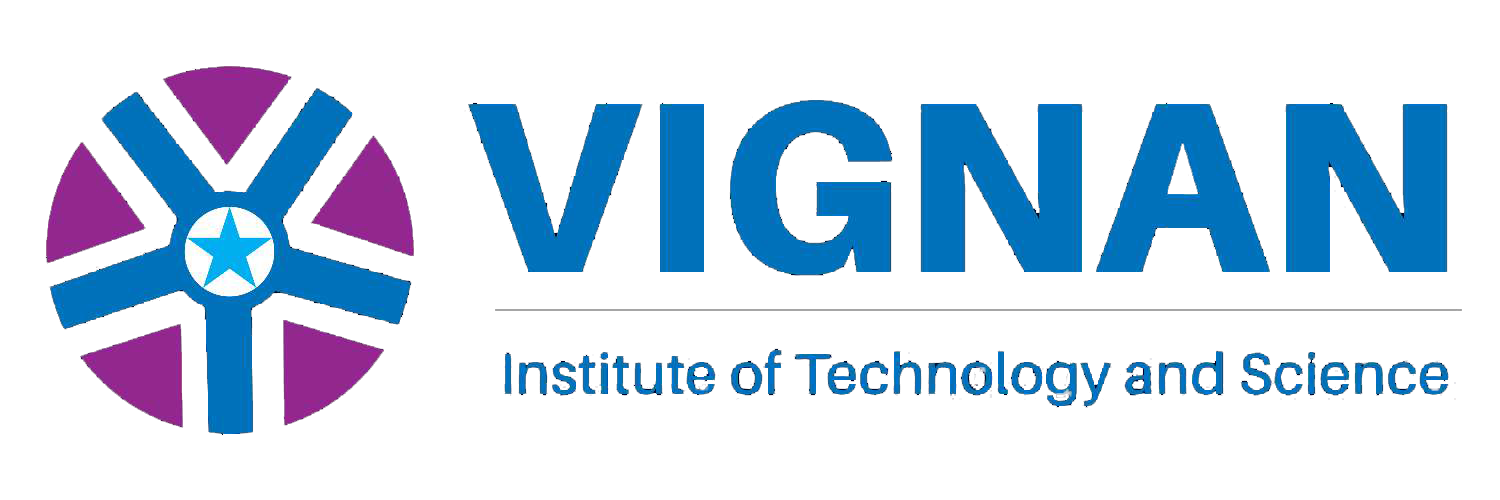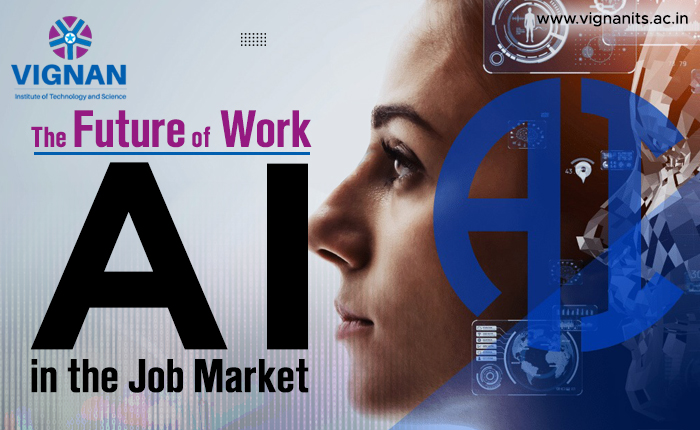Introduction
Artificial Intelligence (AI) has become a transformative force across various industries, revolutionizing the way we work and interact with technology. As AI technology continues to advance, it is reshaping the job market and creating new opportunities while simultaneously presenting challenges. In this article, we will explore the future jobs with AI, their impact on the workforce, and the skills needed to thrive in this rapidly evolving landscape.
- AI and Automation: Redefining Traditional Roles
AI is rapidly automating repetitive and mundane tasks in industries like manufacturing, logistics, and customer service. This automation is freeing up human workers to focus on higher-value tasks that require creativity, critical thinking, and emotional intelligence. In the future, jobs will increasingly involve collaboration with AI-powered tools to enhance productivity and efficiency.
- AI Specialists and Engineers: The Architects of Tomorrow
As AI becomes more integrated into businesses, the demand for AI specialists and engineers will soar. These professionals will be responsible for designing, developing, and maintaining AI systems that drive business growth and innovation. From creating sophisticated machine learning algorithms to fine-tuning neural networks, AI specialists will play a crucial role in shaping the future of technology.
- Data Analysts and Scientists: Unleashing Insights from Big Data
The rise of AI has generated an unprecedented amount of data. To make sense of this data deluge, data analysts and scientists will be in high demand. They will be responsible for collecting, processing, and analyzing vast datasets to derive valuable insights that can drive strategic decision-making and optimize AI systems.
- Ethical AI Specialists: Navigating the Moral Compass
With the increasing use of AI, ethical concerns related to privacy, bias, and security have emerged. Future jobs will include ethical AI specialists who ensure that AI technologies are developed and used responsibly, with a deep understanding of the potential societal impact and the ability to design AI systems that align with ethical standards.
- AI Trainers and Explainers: Bridging the Gap Between Humans and AI
As AI systems become more sophisticated, there will be a need for professionals who can train, explain, and interpret AI models to the non-technical workforce. AI trainers will help employees understand how to leverage AI tools effectively, while AI explainers will provide insights into the decision-making processes of AI systems.
- Creative AI Professionals: Blending Art and Technology
AI is breaking new ground in creative fields such as art, music, and design. Creative AI professionals will collaborate with AI systems to produce unique and innovative works of art, compositions, and designs. This fusion of human creativity and AI capabilities will open up exciting possibilities in the world of art and entertainment.
- AI-Based Healthcare Professionals: Enhancing Patient Care
In the healthcare industry, AI is revolutionizing diagnostics, treatment planning, and personalized medicine. AI-powered medical imaging, predictive analytics, and virtual health assistants will redefine healthcare roles. Healthcare professionals of the future will need to be proficient in leveraging AI tools to deliver better patient outcomes.
- AI-Augmented Customer Support: Enhancing Customer Experience
AI-driven chatbots and virtual assistants are already transforming customer support operations. In the future, customer service roles will require a combination of empathetic communication skills and the ability to collaborate seamlessly with AI-powered systems to deliver a superior customer experience.
Conclusion
The integration of AI into the job market is inevitable, and it will undoubtedly reshape the workforce as we know it. While some jobs may be automated, AI will create new and exciting opportunities that require a blend of technical expertise and uniquely human skills. To thrive in this AI-driven future, individuals must be adaptable, willing to embrace lifelong learning, and open to collaborating with AI technologies to unlock their full potential. As businesses continue to harness the power of AI, it is essential to ensure that ethical considerations remain at the forefront of technological advancements, fostering a future where AI works in harmony with humanity.

